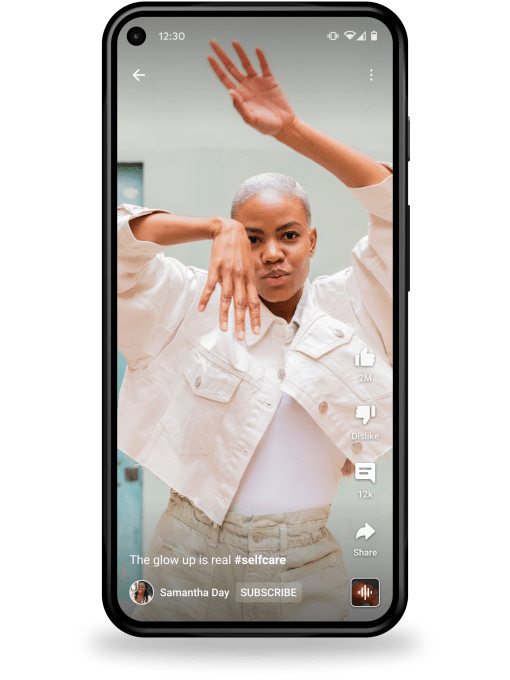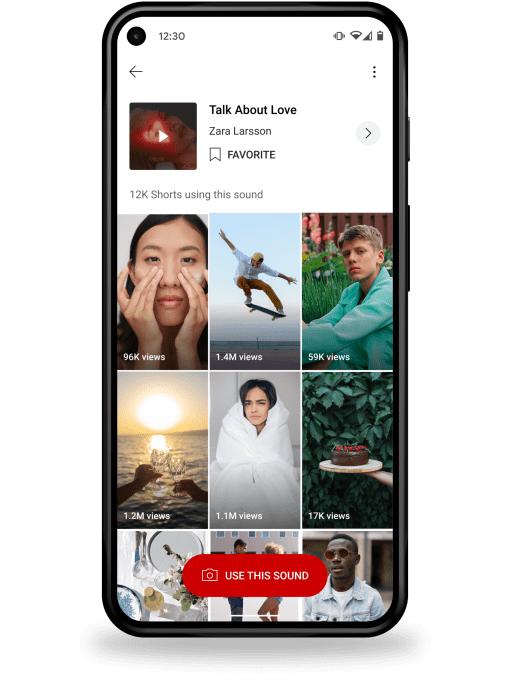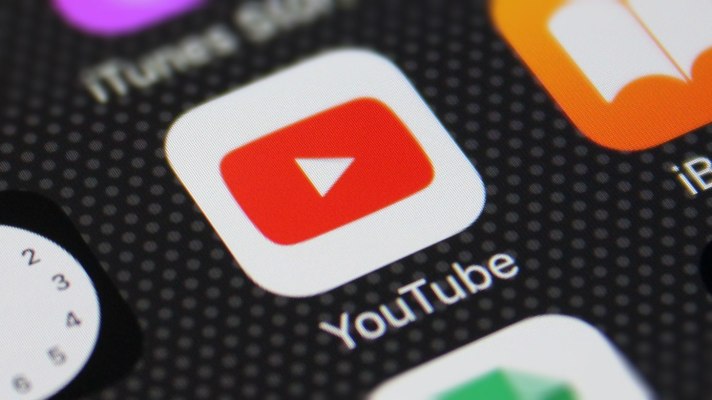YouTube is giving its TikTok competitor, YouTube Shorts, an injection of cash to help it better compete with rivals. The company today introduced the YouTube Shorts Fund, a $100 million fund that will pay YouTube Shorts creators for their most viewed and most engaging content over the course of 2021 and 2022. Creators can’t apply for the fund to help with content production, however. Instead, YouTube will reach out to creators each month whose videos exceeded certain milestones to reward them for their contributions.
The company expects to dole out money to “thousands” of creators every month, it says. And these creators don’t need to be in the YouTube Partner Program to qualify — anyone is eligible to receive rewards by creating original content for YouTube Shorts.
YouTube declined to share more specific details about the fund’s operations at this time, including how creators will be vetted or what specific thresholds for receiving payments YouTube has in mind. It also wouldn’t offer details as to whether YouTube creators could receive multiple payments in the same pay period if they had several videos that would qualify, or any other details.
And while the company stressed that only “original” content would gain rewards, it didn’t clarify how it will go about checking to ensure the content isn’t already uploaded on another platform, like Reels, Snapchat or TikTok.

Image Credits: YouTube
Instead, YouTube said that more details about the payments and qualifications would be available closer to the fund’s launch, which is expected sometime in the next few months. It pointed out also that it has paid out over $30 billion to creators, artists and media companies over the last three years, and it expects the new fund will help it to build a long-term monetization model for Shorts on YouTube going forward.
YouTube isn’t the only platform to take on the threat of TikTok by throwing cash at the problem.
Snapchat has been paying $1 million per day to creators for their top-performing videos on Spotlight, its own TikTok clone, minting several millionaires in the process. Facebook-owned Instagram, meanwhile, made lucrative offers to top TikTok stars to use its new service, Reels, The WSJ reported last year.
Despite the size of these efforts, TikTok’s own Creator Fund remains a competitive force. It announced its fund would grow to over $1 billion in the U.S. in the next three years and would be more than double that on a global basis. This March, it also added another requirement to receiving the fund’s payments, including having at least 100K authentic views in the last 30 days — a signal that it’s setting the bar even higher, given its current success.
Alongside the debut of YouTube’s Shorts Fund, the company also noted it’s expanding its Shorts player feature across more places on YouTube to help viewers discover this short-form video content, will begin testing ads for Shorts and will be rolling out the new “remix audio” feature to all Shorts creators.

Image Credits: YouTube
This somewhat controversial feature allows Shorts creators to sample sounds from other YouTube videos for use in their Shorts, instead of only using song clips or original audio. Some YouTube creators were surprised to find the feature was opt-out by default — meaning their content could be used on YouTube Shorts unless they took the time to turn this setting off or removed their video from YouTube.
Since its launch, YouTube has also rolled out other features to Shorts, including support for captions, the ability to record up to 60 seconds with the Shorts camera, the ability to add clips from your phone’s gallery to your recordings made with the Shorts camera and the ability use basic filters to color correct videos. YouTube says more effects will arrive in the future.
But even as YouTube tries to catch up with TikTok on feature sets, TikTok has been expanding its own effects lineup and becoming more YouTube-like by supporting longer videos. Some TikTok creators, for example, have recently been given the ability to record videos three minutes in length, instead of just 60 seconds.
YouTube says the new fund will roll out in the coming months and it will listen to the feedback from the creator community to develop a long-term program designed for YouTube Shorts.


Recent Comments